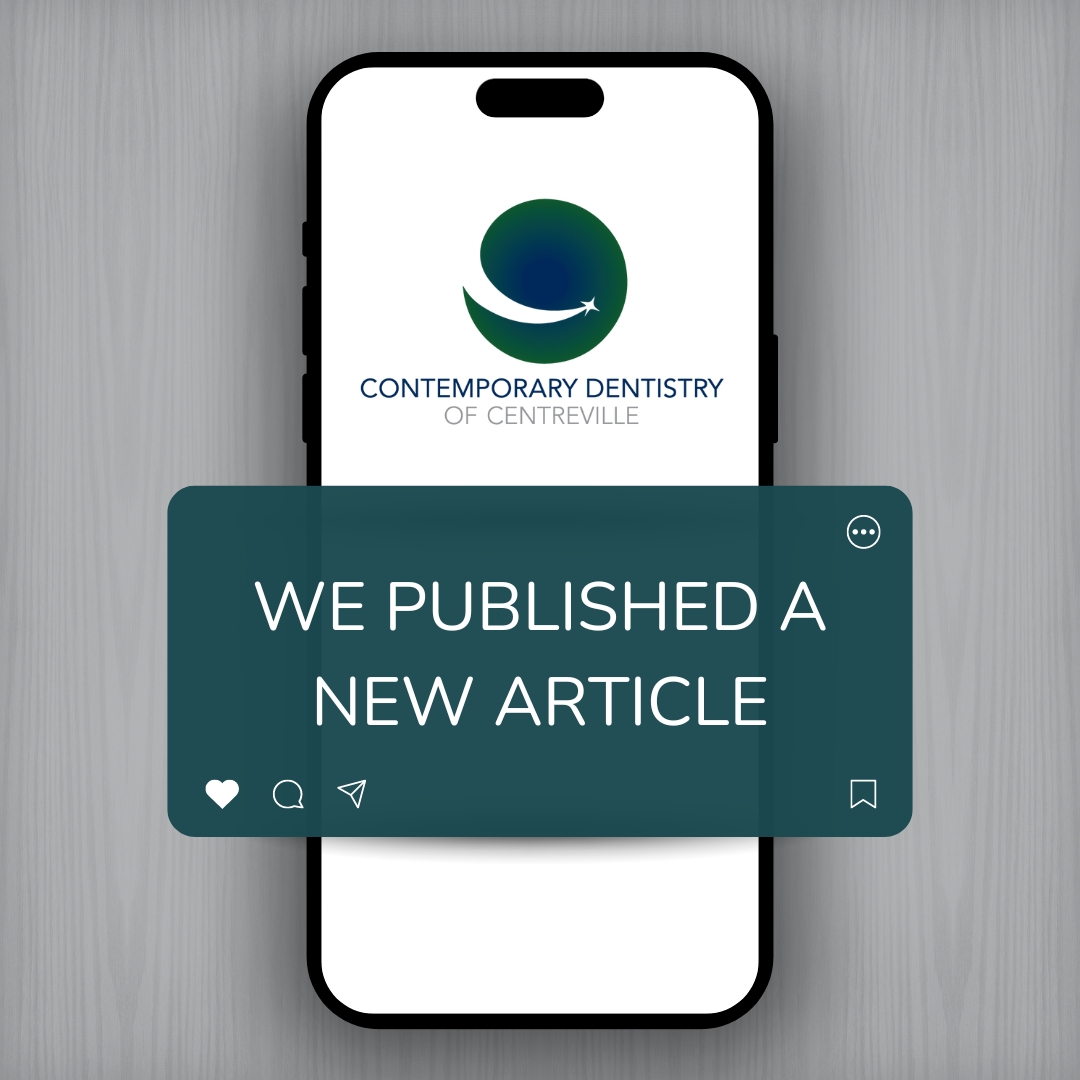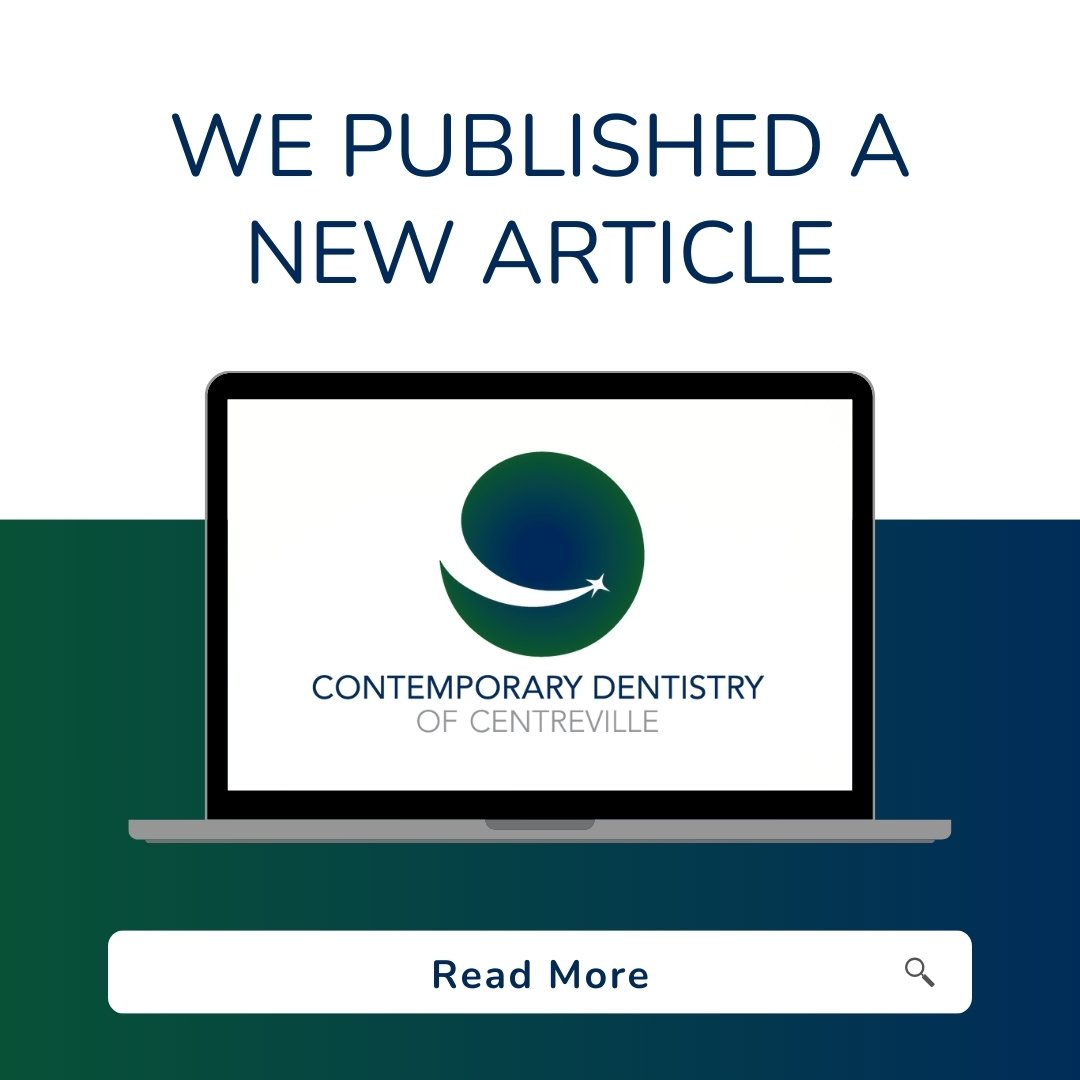
MANY PARENTS mention how difficult it can be to get their teenagers to practice good oral hygiene. The teenage years are rife with junk food, soda consumption, and in some cases, an indifference to daily brushing and flossing.
Although it may be challenging, motivating teens toward better oral health care is extremely important. For the teenagers of this generation, a parent’s best bet of making oral hygiene more fun may be technology!
Oral Health Tech Can Pique Your Teen’s Interest
Motivate your teenagers to engage in good oral hygiene by showing them these gadgets for their morning and nightly routine!
- Oral Irrigator: Flossing the old-fashioned way can seem tedious. Using a water flosser is quicker and more fun! Even teenagers seem to love the idea of power washing their teeth.
- Shower Flosser: A spin on oral irrigation, the shower flosser makes it even more convenient to floss your teeth. Simply attach an oral irrigation unit to your shower head for mess-free flossing!
- Power Flosser: With a flexible nylon tip that slips easily in between teeth, a power flosser will floss your teeth with up to 10,000 gentle tip strokes per minute. It’s fast and fun!
- Air Flosser: Another alternative to conventional flossing, the air flosser cleans out debris and plaque by shooting quick bursts of air and water in between teeth.
- Natural Sweeteners: Many trendy new snacks and candies contain non-sugar sweeteners. Xylitol, for example, is effective in fighting off plaque and cavities. Research shows that xylitol protects teeth from decay by preventing bacteria from sticking to teeth and keeping a neutral pH level in the mouth. Buy your kids some sugar-free, xylitol-sweetened gum or mints and encourage them to use them after eating.
Start Good Habits When They’re Young
Dental decay is the most common chronic disease in young people between the ages of five and 17, according to the Centers for Disease Control and Prevention. Good oral health habits should be taught early so that when your children do become teenagers, they have already established an oral hygiene routine and have a sound understanding of why it is important.
After all, if they keep up good dental habits, they could end up like this hip grandma who still has all of her teeth!
Partners In Promoting Oral Health
As your trusted dental professionals, we are your partners in promoting the oral health of your whole family. We’re here to help motivate children and teenagers toward better oral care so that your family can remain happy and healthy!




















